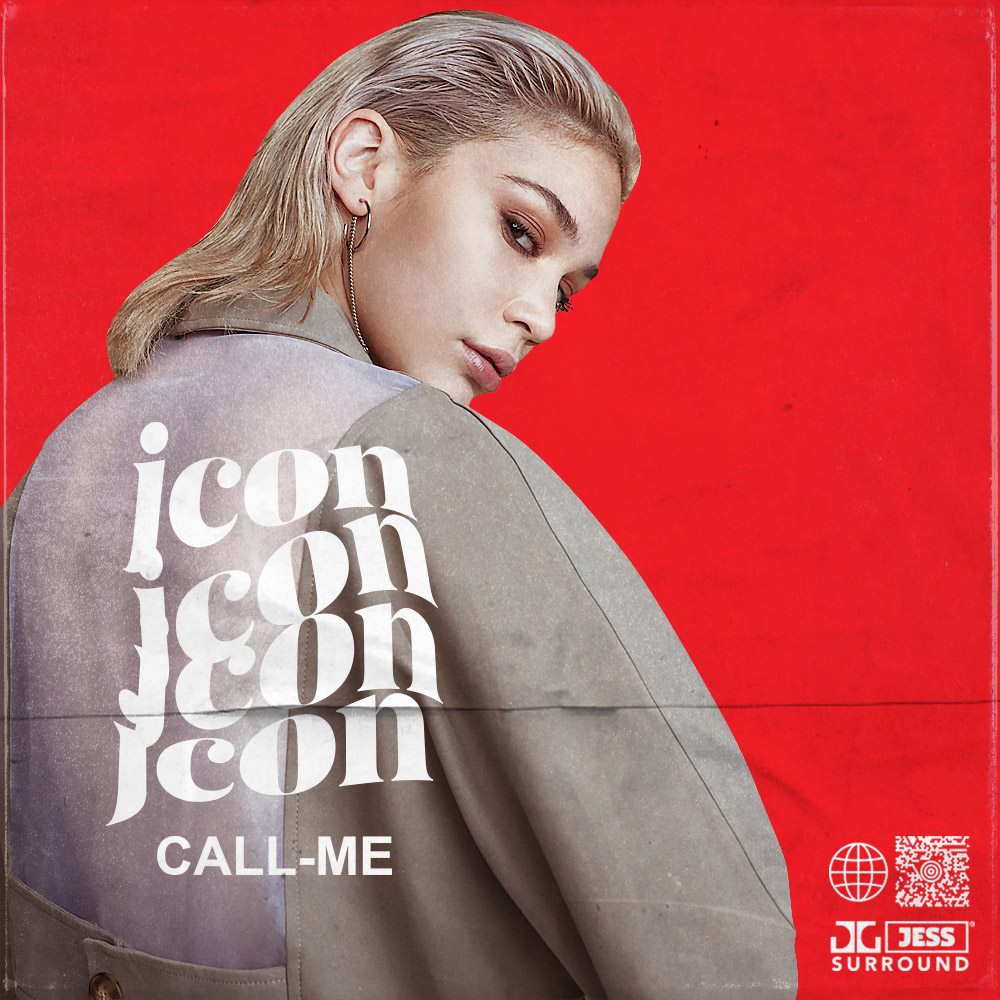In recent years, Jess Connelly has become one of the more notable names in the local music scene. Connelly’s rise to fame began with her first EP entitled How I Love (2015), which introduced her soulful and sultry vocals and heavily R&B inspired production. Three years since then, Connelly released her second EP called JCON (2018). The title’s play on her name proves to be apt as JCON showcases Connelly’s personal growth as an artist who is able to fully embrace the different aspects of her sound.
JCON continues to build upon Connelly’s signature sound. Tracks like Awake, Mine, and 2:55am are examples of how she has perfected her slow-paced approach. However, Connelly ventures further as she explores singing and production techniques that she hasn’t worked with in the past. For instance, Process (feat. Awich) substitutes her mellow production for a method heavily influenced by 808s as the track harmoniously blends Connelly’s vocals with Awich’s smooth rap. On the other hand, All that I Need presents a new side to the vocalist as it highlights Connelly’s fast-paced, rap-esque singing in tandem with upbeat rhythms and instrumentals. Connelly’s confidence becomes even more apparent every time she explores the boundaries of her music.
The R&B sound not only influences the production of Connelly’s music, but also the subject matter it discusses lyrically. A quick look at her 2015 EP shows that Connelly does not shy away from love as a central theme in most of her songs. This also rings true for JCON, where majority of the tracks discuss romance in all of its different forms. The track Turn Me Down, for instance, relays the balance between the frustration and hesitation to progress felt by those in a one-sided relationship. On the other hand, Don’t Play features a more assertive tone wherein the woman criticizes her partner’s indecisiveness, saying “If you don’t want it, I’m okay to leave, see my ex-dude keep on calling.” Connelly’s songwriting abilities truly shine with how well she is able to portray the different aspects of love.
However, the track Note to Self Interlude stands out among the rest, as Connelly takes a short respite from the album’s love-centered narrative and moves towards a more personal direction. The song overflows with self-confidence and self-awareness, as she taunts her imitators and haters saying, “you don’t know the things I do and you couldn’t do it too.” Both musically and lyrically, the track signifies a departure from the easygoing and composed songstress and portrays a more aggressive and braggadocious persona. This is a welcome and refreshing track that introduces listeners to an entirely different side to Connelly, one that exudes the aura of a powerful woman.
With JCON, Connelly proves that she is no one-trick-pony. Her growth as an artist is evident with how she has further expanded her sound by complementing it with new styles and production methods. Deviating from her slow-paced production while revealing her rap-esque singing abilities demonstrate that Connely is able to nuance her sound while keeping it consistent to her brand of music. JCON is a bold and well-calculated step in the right direction, leaving many to anticipate what tricks Connelly still has up her sleeves.






